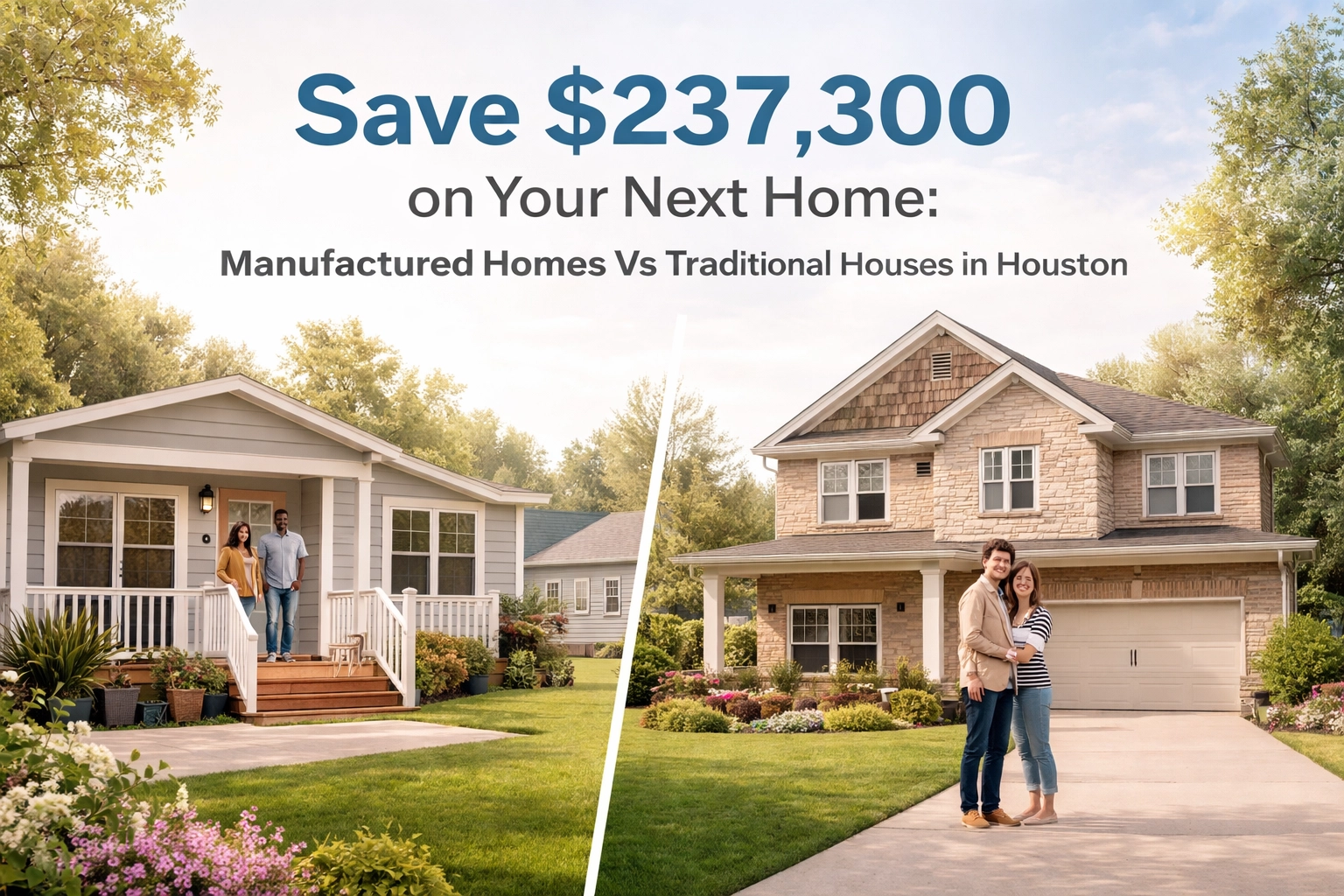In the world of real estate, the term “manufactured housing” often crops up, but what exactly does it mean? Is it different from traditional construction, and what unique advantages does it offer? Let’s embark on a journey to explore the essence of manufactured housing and how it distinguishes itself from conventional home building methods.
What is Manufactured Housing?
Manufactured housing, often referred to as mobile homes or manufactured homes, is a housing category that represents a cost-effective and flexible alternative to traditionally constructed houses. These homes are constructed entirely in a factory, built to meet stringent federal building codes set by the Department of Housing and Urban Development (HUD) in the United States. These codes ensure the structural integrity, safety, and quality of manufactured homes.
How Manufactured Housing Differs
- Factory-Built Precision: Unlike site-built homes, which are constructed on-site, manufactured homes are built entirely within controlled factory environments. This controlled setting eliminates weather-related delays, ensuring that the home is constructed with precision and efficiency.
- Transportability: One of the key distinctions of manufactured homes is their mobility. They are designed to be transported to their final location after construction. This mobility offers unique advantages, such as the ability to relocate the home if desired.
- Affordability: Manufactured housing is often more affordable than traditional homes. The efficient factory construction process reduces labor and material costs, translating into a cost-effective housing solution. This affordability makes homeownership more accessible to a broader range of individuals and families.
- Customization: Modern manufactured homes come in a variety of designs, layouts, and sizes. Homebuyers can choose from single-section homes or larger double-wide and triple-wide models. These homes can be customized to meet specific preferences and needs, making them a versatile housing option.
- Quality Standards: Manufactured homes adhere to rigorous federal building standards to ensure safety and durability. These standards cover various aspects of construction, including structural integrity, insulation, and energy efficiency.
- Speed of Construction: Manufactured homes typically have shorter construction timelines compared to traditional homes. Since they are constructed indoors, factors like weather do not hinder the building process, resulting in quicker occupancy.
The Role of a Realtor
A knowledgeable realtor plays a vital role in helping potential homebuyers navigate the world of manufactured housing. They can assist in finding the right manufactured home to fit individual needs and budgets. Additionally, they provide valuable insights into local regulations, available communities, and the entire home-buying process.
In summary, manufactured housing offers a practical, affordable, and customizable housing solution. Understanding the distinction between manufactured and traditionally constructed homes empowers homebuyers to make informed choices. Whether you’re seeking apartments for rent, manufactured homes for sale, or exploring various housing options, manufactured housing stands as a viable and increasingly popular choice in today’s real estate landscape.
These are just the basics so stay tuned for more insightful articles on the diverse world of housing and real estate as we explore different aspects of the housing market, from apartments and manufactured homes to houses for rent and much more.
Contact Us to speak with our experienced real estate professionals, visit Piney Woods to learn more about our community and our partner Affinal Homes to view the range of park model homes they offer and discover the manufactured home that’s right for you.

